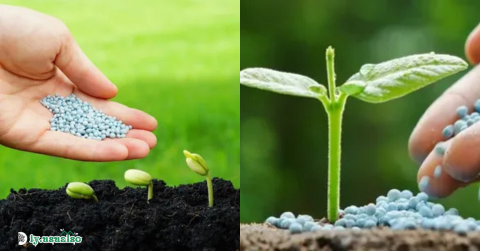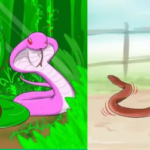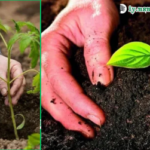Gardening is a fun hobby that brings you closer to nature and provides fresh produce right in your backyard. However, getting a lot of yields often depends on how well the plants are fed. Understanding how to properly fertilize your garden can make a big difference in the health and productivity of your plants.
Garden Fertilization Tips: Boost Plant Health
You will learn about different composting techniques to help your vegetables thrive. Whether you’re an experienced gardener or just getting started, these tips will give you valuable insight into maximizing your garden’s productivity.
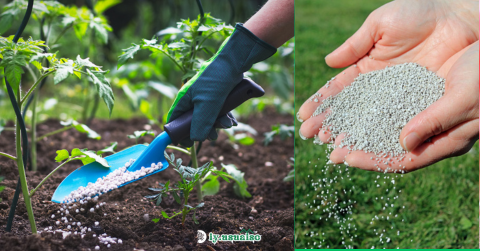
1) Compost Tea
Start by placing the compost in a draining bag. Pour the mixture into a bucket of water.
Use chlorine-free water for best results. You can leave tap water for 24 hours to remove the chlorine.
Adding an air pump helps the tea pick up oxygen, but you can mix it several times a day. Leave for 24-36 hours.
Check out this compost tea guide for more information.
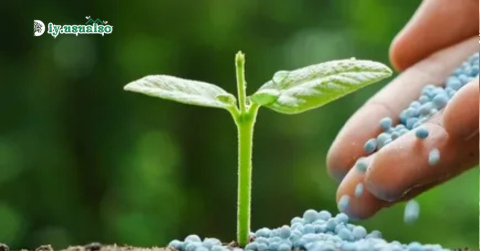
2) Fish emulsion
YouTube video
Fish emulsion is a great natural fertilizer for your garden. It is made from fish and contains essential nutrients such as nitrogen, phosphorus, and potassium.
To use fish emulsion, mix 1/2 ounce with 1 gallon of water. Apply this mixture to your plants twice a week.
For best results, water plants in the early morning or late afternoon to reduce evaporation.
Do not overwater fish emulsion as too much nitrogen can be harmful to plants.

